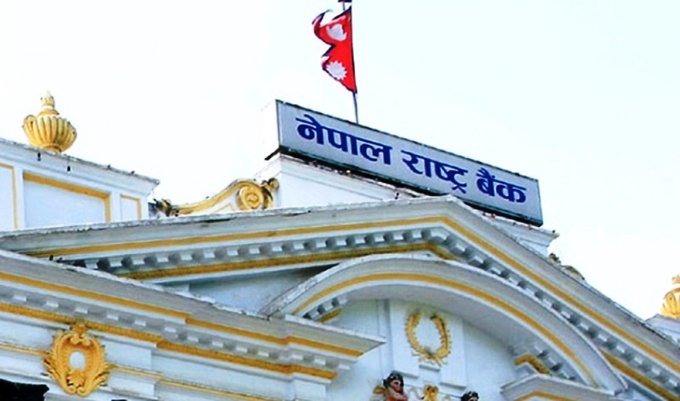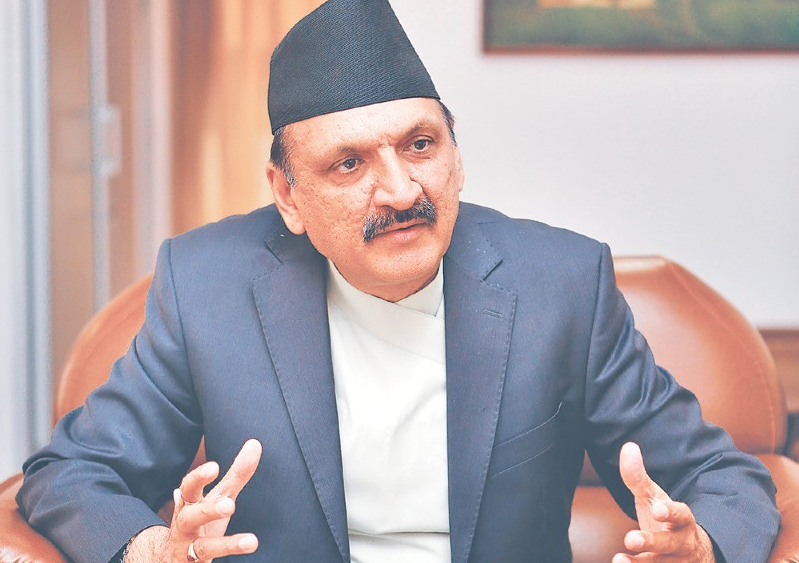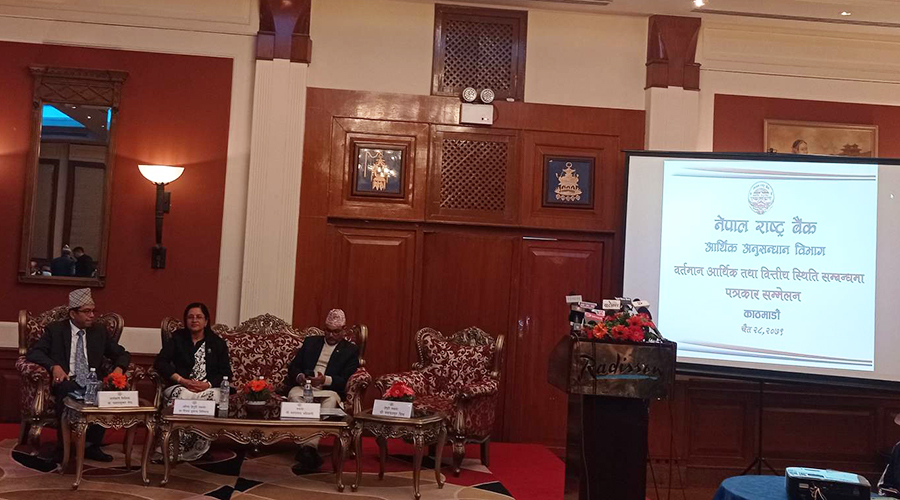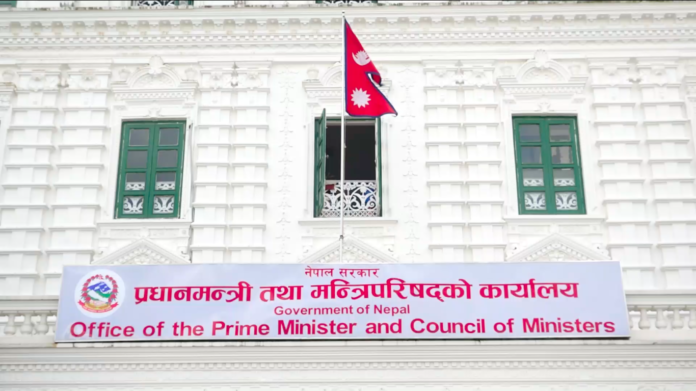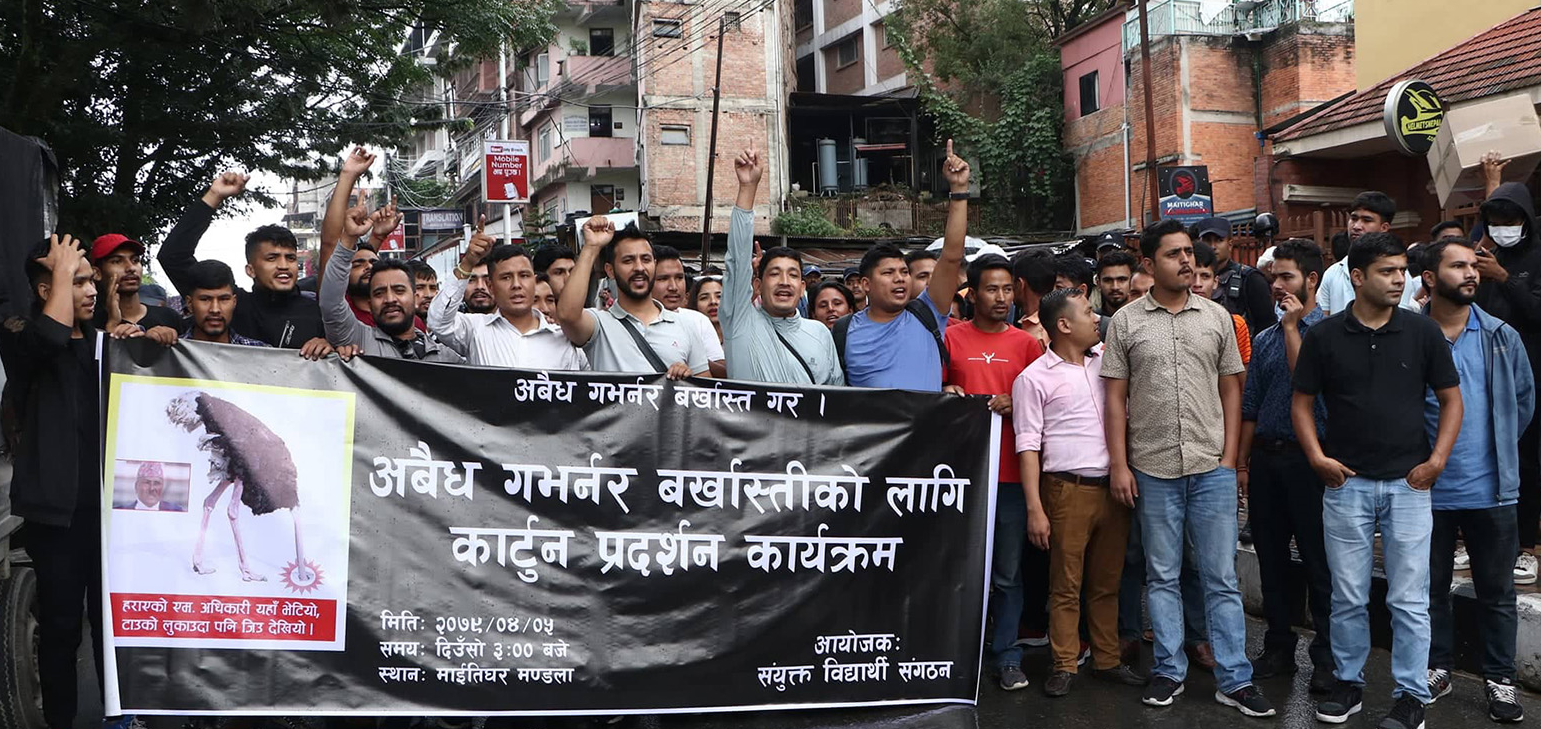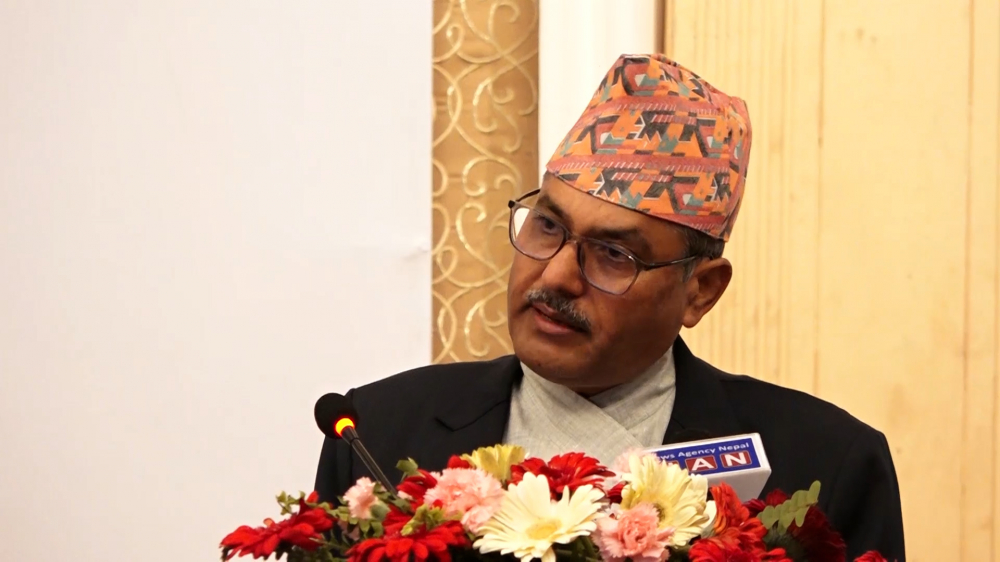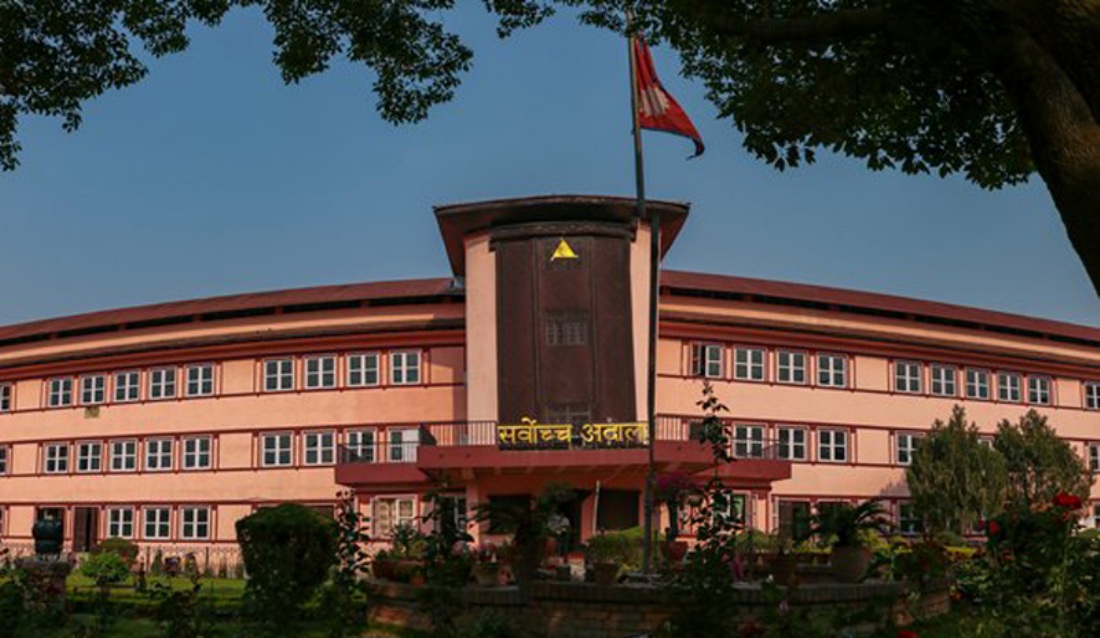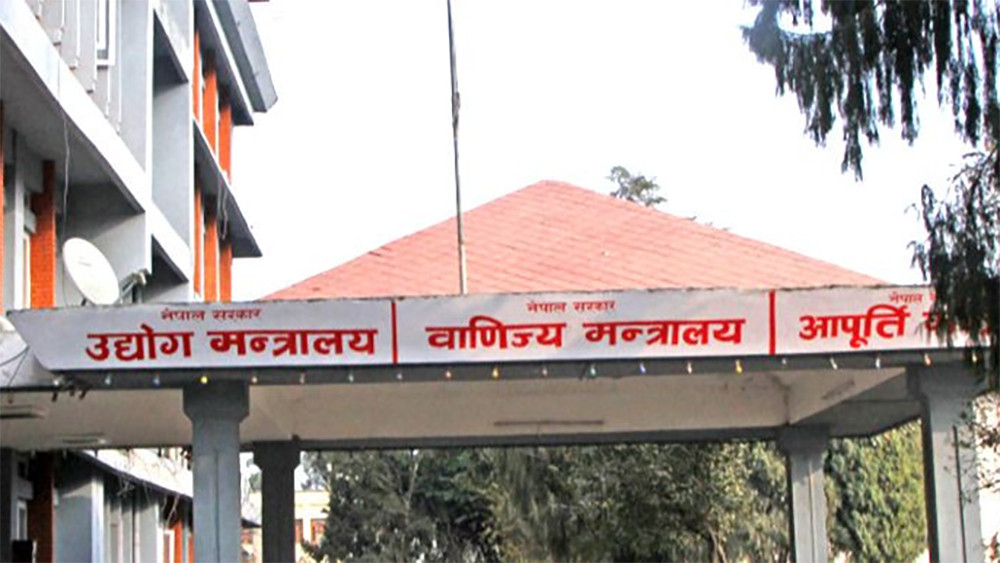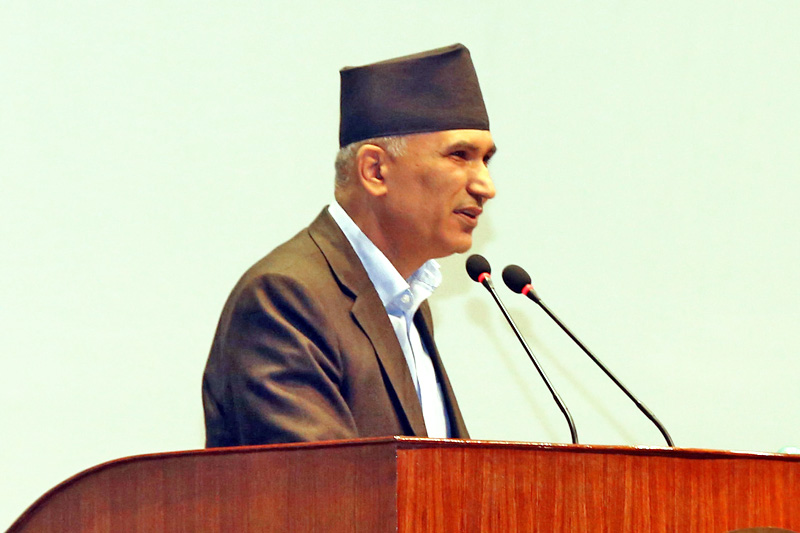Nepal Rastra Bank has taken action against Global IME Bank, Prabhu Bank, Himalayan Bank, Muktinath Bikas Bank, Garima Bikas Bank and Reliance Finance for violating the rules of the Central Bank in the second quarter of the current financial year.
The central bank has directed these institutions to refund any amounts collected from customers that contravene established rules. Specifically, Global IME Bank is instructed to return funds to customers, as it allegedly charged premiums exceeding limits set in point No. 3(8) of the Integrated Directive-2079, a breach of NRB’s directives.
Prabhu Bank faces actions for its failure in classifying loans and maintaining systems to mitigate loan losses. Himalayan Bank is penalized for inaccurately calculating its capital adequacy ratio. The bank reportedly did not adhere to the central bank’s guidelines in deducting certain amounts from the primary capital and understated its risk-weighted assets, leading to a misrepresented higher capital adequacy ratio.
Muktinath Development Bank has been fined one million rupees for non-compliance with NRB’s policies and instructions. Additionally, Dr. Anand Prasad Shrestha, director of Garima Development Bank, and Kush Prasad Malli, director of Reliance Finance, have received official warnings for their institutions’ regulatory breaches.


 NP
NP